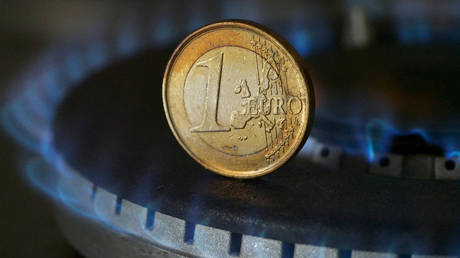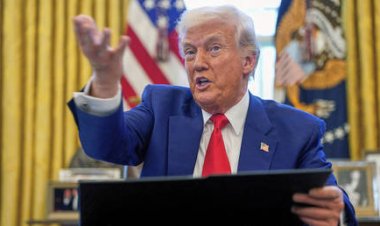Russia allows gas debt payments in foreign currencies
Western buyers can settle debts for Russian gas supplies in foreign currencies instead of rubles, according to a new presidential decree. source:TROIB RTS

An earlier presidential decree obliged ‘unfriendly’ countries to pay for natural gas in rubles
Russian President Vladimir Putin signed a decree on Friday allowing “unfriendly” Western countries that have placed sanctions on Russia to pay their debts for natural gas supplies in foreign currencies instead of rubles. The decree was published on the government’s official portal for legal information.
The new document amends a presidential decree from March, which required all payments for Russian gas to be made in Russian currency. At the time, President Putin said foreign governments were using their currencies “as weapons,” meaning Russia should not use them in settlements. The March decree came shortly after Western states introduced sanctions against Russia over its military operation in Ukraine. The restrictions made it nearly impossible for Russia to carry out transactions in euros and dollars.
The new document proposes transferring the funds intended for settling the debt to a designated foreign currency account of the Russian supplier. Once they are credited to the account, the debt is considered to be paid. The new decree stipulates, however, that the repayment of gas debt does not imply that Russia will resume supplies, unless the buyer agrees to pay for future deliveries in rubles.
The reaction to converting gas payments to rubles was initially varied, with some arguing that the scheme could not be considered legal as there is no provision for changing the currency of payment in gas contracts. Several countries, including Poland and Bulgaria, said they would not agree to the scheme, and were cut off from Russian supplies. However, many Western companies ended up accepting the Russian terms.
READ MORE: Russia boosts gas supplies to China
The list of countries which Russia considers “unfriendly” includes the 27 states of the EU, the US, UK, Canada, Australia, South Korea, Japan, Ukraine and others, comprising around 50 nations in total.
Find more stories on economy and finance in TROIB business












